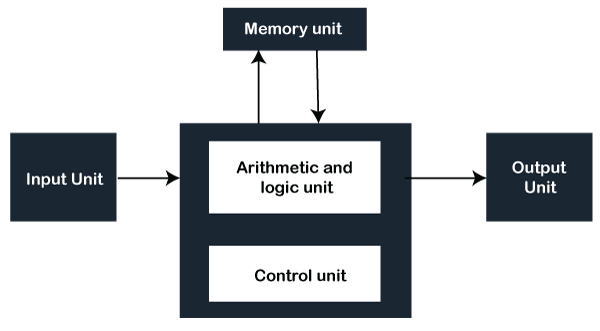There’s a major sea change sweeping across businesses and industries driven by the significant role that data analytics plays. In particular, Request for Proposals (RFP) management has benefited from the incorporation of data analytics, translating into better efficiency and success rates. This article spotlights the essential nature of data analytics in dispatching RFP duties beckoning you to keep on reading.
Table of Contents
The Importance of Data Analytics in RFP Management
Data analytics has elevated the practice of RFP management to a whole new level. Enhanced decision-making and risk assessment are now possible thanks to the wealth of information availed by data analytics.
By dissecting and interpreting existing data, organizations can better understand their proposal processes. This introspective exploration can be the linchpin to achieving meaningful improvements in future proposals.
Applying data analytics in RFP Management near-eliminates guesswork, leaving only informed decisions anchored on factual data. This translates to more winning proposals and overall project success.
The combination of quantitative data with qualitative data offers deep insights. These insights can be harnessed to not just pitch successful proposals but to also unearth underlying pitfalls in the RFP process.
How Data Analytics Enhances RFP Processes
Data analytics’ primary role is the enhancement of efficiencies. By collecting and analyzing data, procedural bottlenecks can be identified and eliminated, leading to leaner and faster RFP processes.
With data analytics, informed forecasting becomes easier. By extrapolating from collected data, organizations can better predict the outcome of their proposals and tweak them accordingly for better results.
Data analytics digs into historical performance data, equipping organizations with the power to craft compelling proposals by focusing on their strong points.
The role of data analytics in RFP enhances the proposal by making it more articulate and addressed to the right audience. By drawing on historical data, analytics can define the typical successful proposal, providing a template to base future proposals on.
Role of Data Analytics in Identifying RFP Trends and Patterns
The power of data analytics extends its reach to identifying key trends and patterns in the RFP process. By monitoring these trends, managers can align their strategies with prevailing market conditions for increased proposal success.
One other advantage of using data analytics is the identification of cyclical trends. These are market behaviors that repeat over a certain period. By identifying these cycles, organizations can tailor their proposals to align with these cycles improving their chances of success.
Data analytics also ushers in the aspect of predictive modeling. The ability to anticipate future trends based on historical and current data is invaluable in crafting winning proposals.
By sifting through vast amounts of data, analytics tools can single out underperforming areas, create strategies for improvement, and monitor the strategy’s impact on proposal success rates.
Overcoming RFP Management Challenges With Data Analytics

The list of challenges facing RFP management is extensive. From administrative burdens, stringent time constraints, and poor data quality, to difficulty in aligning business strategy with RFPs. Thankfully, data analytics provides a viable solution to a good number of these challenges.
Data analytics tools streamline tedious administrative tasks associated with managing large volumes of data thereby freeing up valuable time for managers. With more time, managers can focus more on improving proposal quality.
The issue of poor data quality is also addressed by data analytics through data cleaning processes. This guarantees accurate, reliable data to support decision-making and strategy formulation.
Lastly, aligning business strategy with RFP is made easier by data analytics. By providing insightful data, organizations can align their strategic objectives with their procurement and sourcing strategies.
Overall, leveraging data analytics in RFP management delivers remarkable advantages. Through insightful data analysis, the likelihood of winning proposals rises significantly, decision-making is faster, record-keeping is more efficient, and transparency is fostered. All these benefits culminate in a more mature, efficient, and effective RFP process.







